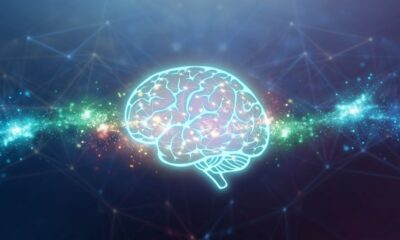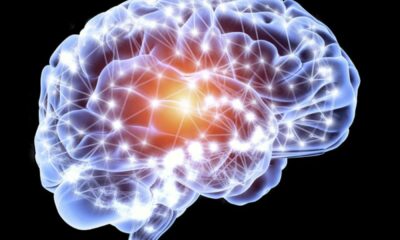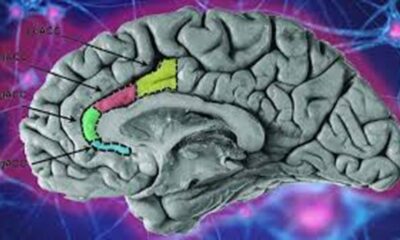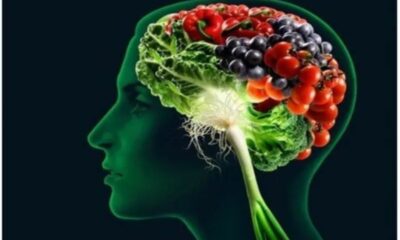Even though depression is quickly becoming one of the most common health problems, not enough people are being diagnosed with it.
More than 75% of people in low- and middle-income countries do not obtain treatment, despite the fact that there are proven, effective therapies for mental diseases, according to the WHO.
It’s common to feel depressed, especially after experiencing setbacks in life. However, depression may develop in a person when their daily thoughts and behaviors are affected by their sadness.
Indices of Depression
- Mild to severe depressive symptoms are possible.
- These warning signs could point to a depressive episode.
Sadness in attitude
When someone is having a depressive episode, they usually experience tearfulness, impatience, and a persistently poor mood that lasts for the majority of the day, almost every day.
Loss of enthusiasm for activities
People beginning to lose interest in things they used to love doing is one of the most telling indications of depression. Things like job, hobbies, spending time with loved ones, and even everyday chores no longer bring them joy.
Physical Signs and Symptoms
Although depression is thought to be a psychological issue, it can also have physical side effects, such as fatigue quickly, changes in food and weight, aches and pains, and even a slowdown in speech and movement.
Difficulty Focusing
- People who are depressed frequently complain of forgetfulness and mental fog, as well as difficulty maintaining long-term attention on tasks.
- Even seemingly easy things like watching a movie or reading a book can be difficult.
Negative Mindset
People who are depressed may have a persistent sense of hopelessness, helplessness, and low self-esteem. They could be surrounded by thoughts like “I’m worthless, no one can help me, it’s all my fault, this is never going to get better.”
Problems Sleeping
- Individuals suffering from depression may express difficulties in starting or staying asleep. There can be a lot of awakenings during the night.
- Excessive sleep may occur occasionally.
Suicidal Thoughts and Desires for Death
Severe depression has been linked to suicidal thoughts and thoughts of death.
For a diagnosis of depression to be made, the symptoms must be present for at least two weeks and indicate a shift from pre-disordered functioning.
Additionally, it’s critical to rule out illnesses that may be connected to depression, such as hypothyroidism, anemia, vitamin deficiencies, drug usage, etc.
Handling Depression
Among the mental illnesses that is most treatable is depression. Most patients react favorably to treatment.
Since depression is influenced by an individual’s brain chemistry, antidepressants that alter neurochemicals can help reduce symptoms.
Never forget this:
The following are some facts about antidepressants: • They are not sedatives; • They are not drugs that cause addiction; • Not everyone who takes antidepressants has side effects; • If they do, they are usually minor and easily controlled; • The benefits of antidepressants become apparent within a few weeks.
Sometimes, talk therapy or psychotherapy is used exclusively to treat minor depression.
Psychotherapy and antidepressants are frequently used together for Moderate to Severe Depression.
In summary:
Depression is not merely a passing mood that may be quickly overcome; rather, it is a prevalent mental health condition.
Depression is curable, and most patients find that taking medication, psychotherapy, or both helps them feel better.

 Cardiology2 weeks ago
Cardiology2 weeks ago
 Neurology2 weeks ago
Neurology2 weeks ago
 Neurology2 weeks ago
Neurology2 weeks ago
 Cardiology6 days ago
Cardiology6 days ago
 Cardiology2 weeks ago
Cardiology2 weeks ago
 Cardiology1 week ago
Cardiology1 week ago
 Cardiology1 week ago
Cardiology1 week ago
 Neurology6 days ago
Neurology6 days ago











